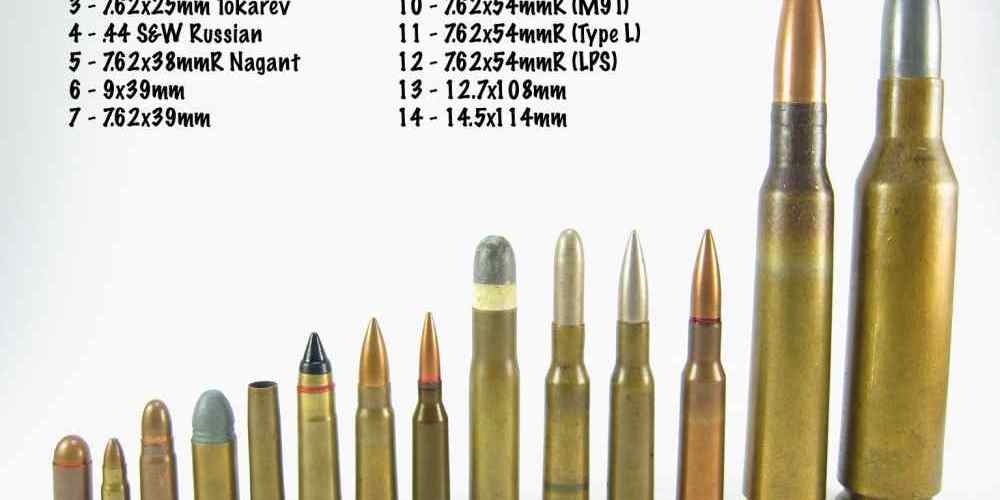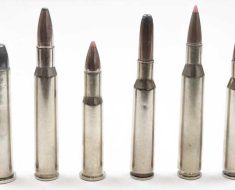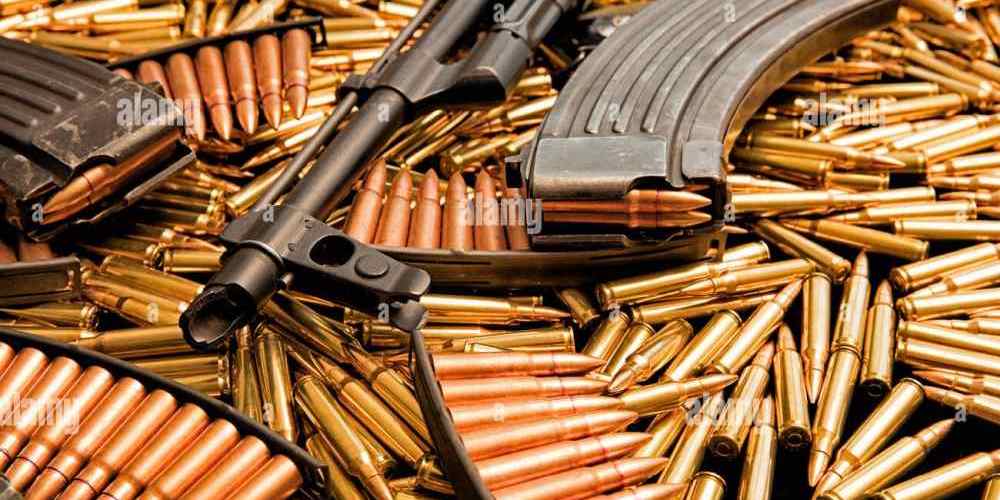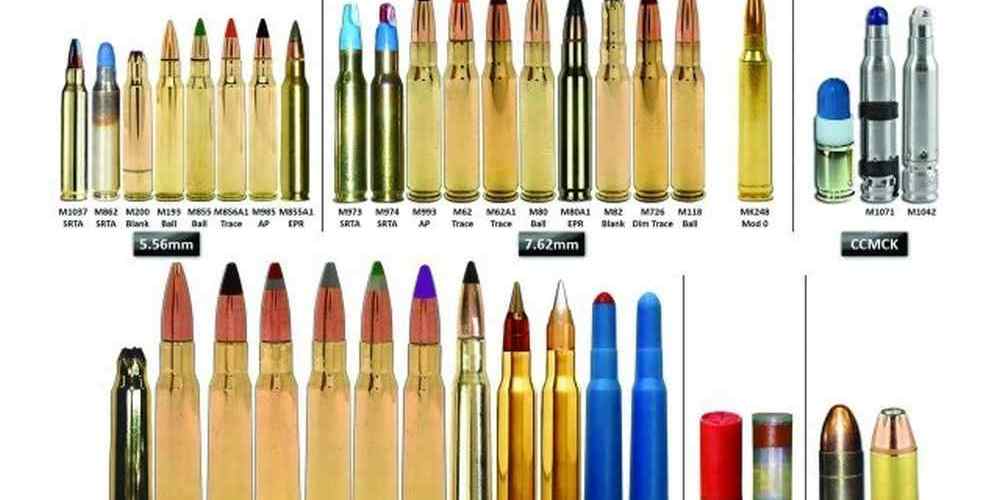“Precision in every shot: Mastering rifle ammunition for ultimate accuracy.”
Selecting the Right Rifle Ammunition for Accuracy
When it comes to shooting accurately with a rifle, selecting the right ammunition is crucial. The type of ammunition you choose can greatly impact the accuracy of your shots. With so many options available on the market, it can be overwhelming to know which one is best for your rifle. In this article, we will discuss how to test and improve your shots by selecting the right rifle ammunition for accuracy.
One of the first things to consider when selecting rifle ammunition is the caliber of your rifle. Different calibers require different types of ammunition, so it’s important to match the caliber of your rifle with the appropriate ammunition. Using the wrong caliber can result in poor accuracy and potentially damage your rifle.
Once you have determined the correct caliber for your rifle, the next step is to consider the weight of the bullet. The weight of the bullet can affect the trajectory and accuracy of your shots. Heavier bullets tend to have a flatter trajectory and are less affected by wind, making them more accurate at longer distances. Lighter bullets, on the other hand, may be faster but can be more easily influenced by wind and other environmental factors.
Another factor to consider when selecting rifle ammunition is the type of bullet. There are several different types of bullets available, including full metal jacket, hollow point, and soft point. Each type of bullet has its own unique characteristics that can affect accuracy. Full metal jacket bullets are typically used for target shooting and have a higher penetration power. Hollow point bullets are designed to expand upon impact, making them ideal for hunting. Soft point bullets have a soft lead core surrounded by a harder metal jacket, providing a good balance between expansion and penetration.
To test the accuracy of your rifle ammunition, it’s important to set up a target at a known distance and shoot a series of rounds. Pay close attention to where each shot lands on the target and make note of any patterns or inconsistencies. If your shots are consistently off target, it may be a sign that your rifle ammunition is not performing as expected.
To improve the accuracy of your shots, consider experimenting with different types of rifle ammunition. Try shooting different brands, weights, and types of bullets to see which one produces the best results. Keep in mind that what works for one rifle may not work for another, so it may take some trial and error to find the perfect match.
In addition to experimenting with different types of rifle ammunition, there are other steps you can take to improve your shooting accuracy. Practice regularly to build muscle memory and improve your shooting technique. Make sure your rifle is properly maintained and cleaned to ensure optimal performance. And don’t forget to consider external factors such as wind, temperature, and humidity, which can all affect the accuracy of your shots.
In conclusion, selecting the right rifle ammunition is essential for improving the accuracy of your shots. Consider factors such as caliber, bullet weight, and type when choosing ammunition for your rifle. Test the accuracy of your shots by shooting at a target and analyzing the results. Experiment with different types of ammunition to find the best match for your rifle. And remember to practice regularly and consider external factors that can affect your shooting accuracy. By following these tips, you can improve your shooting accuracy and become a more skilled marksman.
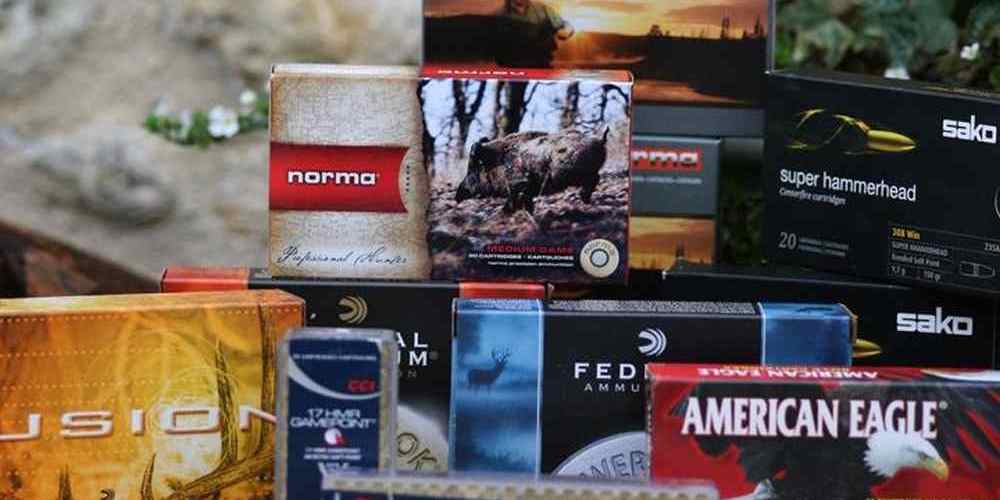
Tips for Testing Rifle Ammunition Performance
When it comes to shooting accuracy with a rifle, the type of ammunition you use can make a significant difference. Testing and improving your shots with different types of rifle ammunition can help you achieve better results on the range or in the field. In this article, we will discuss some tips for testing rifle ammunition performance and how to improve your shooting accuracy.
One of the first things to consider when testing rifle ammunition performance is the type of rifle you are using. Different rifles have different barrel lengths, twist rates, and chamber dimensions, which can all affect the performance of the ammunition. It is important to choose ammunition that is compatible with your specific rifle to achieve the best results.
Once you have selected the appropriate ammunition for your rifle, it is time to test its performance. One of the best ways to do this is by shooting groups at various distances. Start by shooting a group at a short distance, such as 25 yards, and then gradually increase the distance to 50, 100, and 200 yards. This will give you a good idea of how the ammunition performs at different ranges.
When shooting groups, it is important to use proper shooting techniques to ensure accuracy. Make sure you have a stable shooting position, a firm grip on the rifle, and a consistent trigger pull. Pay attention to your breathing and try to shoot between breaths to minimize movement. These small adjustments can make a big difference in the accuracy of your shots.
After shooting groups at various distances, take note of the results. Look for patterns in the groupings, such as tight clusters or flyers. Flyers are shots that stray from the main group and can indicate inconsistencies in the ammunition or your shooting technique. By analyzing the groupings, you can identify areas for improvement and make adjustments accordingly.
If you notice that your shots are consistently off target, it may be time to try a different type of ammunition. There are many factors that can affect the performance of rifle ammunition, including bullet weight, bullet shape, and powder charge. Experimenting with different types of ammunition can help you find the best option for your rifle and shooting style.
In addition to testing different types of ammunition, there are other ways to improve your shooting accuracy. One of the most important factors is practice. The more you shoot, the more comfortable you will become with your rifle and the better your accuracy will be. Set aside time for regular practice sessions to hone your skills and improve your shooting technique.
Another way to improve your shooting accuracy is to invest in quality optics. A good scope can make a big difference in your ability to see and hit targets at long distances. Choose a scope with the appropriate magnification for your shooting needs and make sure it is properly mounted and zeroed.
Overall, testing and improving rifle ammunition performance is a key step in achieving better shooting accuracy. By selecting the right ammunition for your rifle, shooting groups at various distances, and making adjustments to your shooting technique, you can see significant improvements in your shooting accuracy. Remember to practice regularly and invest in quality equipment to maximize your shooting potential. With dedication and attention to detail, you can become a more accurate and confident shooter.
Improving Accuracy Through Proper Rifle Maintenance
When it comes to shooting accurately with a rifle, proper maintenance is key. Ensuring that your rifle is in top condition can make a significant difference in your shooting performance. In this article, we will discuss the importance of rifle maintenance and provide some tips on how to test and improve your shots.
One of the first steps in improving accuracy is to clean your rifle regularly. A dirty rifle can affect the trajectory of your shots and lead to inconsistent performance. Make sure to clean the barrel, action, and other components of your rifle after each use. Use a cleaning rod, patches, and solvent to remove any fouling or debris that may have accumulated.
In addition to cleaning, it is important to inspect your rifle for any signs of wear or damage. Check the stock, scope mounts, and other parts for cracks, dents, or other issues that may affect accuracy. Replace any worn or damaged parts as needed to ensure that your rifle is in optimal condition.
Once you have cleaned and inspected your rifle, it is time to test its accuracy. One way to do this is by shooting groups at a target. Set up a target at a known distance and shoot a series of shots at the same point. Measure the distance between the center of each shot to determine the size of your group. A smaller group indicates better accuracy.
If your groups are larger than you would like, there are several things you can do to improve your shots. One common issue that affects accuracy is a dirty or fouled barrel. If you notice that your groups are opening up, try cleaning the barrel again to see if it makes a difference. You may also want to try different types of ammunition to see if one brand or load performs better than another.
Another factor that can affect accuracy is the fit of your rifle. Make sure that your rifle is properly adjusted to your body and shooting style. Check the length of pull, cheek weld, and eye relief to ensure that you are in a comfortable and stable shooting position. Making small adjustments to your rifle’s setup can have a big impact on your accuracy.
In addition to testing and improving your shots, it is important to practice regularly to maintain your skills. Set aside time each week to shoot at the range or in a controlled environment. Focus on proper technique, breathing, and trigger control to improve your consistency and accuracy.
By following these tips and techniques, you can test and improve your shots with your rifle. Remember that proper maintenance, testing, and practice are essential for achieving optimal accuracy. With dedication and attention to detail, you can become a more skilled and accurate shooter.
Understanding the Impact of Barrel Length on Accuracy
When it comes to rifle ammunition and accuracy, there are many factors that can affect the precision of your shots. One important factor to consider is the impact of barrel length on accuracy. The length of a rifle barrel can have a significant effect on the velocity and trajectory of a bullet, which in turn can affect the accuracy of your shots.
Barrel length plays a crucial role in determining the speed at which a bullet travels. A longer barrel allows for more time for the gunpowder to burn and propel the bullet forward, resulting in higher muzzle velocity. This increased velocity can lead to a flatter trajectory and better accuracy at longer distances. On the other hand, a shorter barrel may result in lower muzzle velocity and a more curved trajectory, making it harder to hit targets accurately at longer ranges.
To test the impact of barrel length on accuracy, you can conduct a simple experiment using different rifles with varying barrel lengths. Start by setting up a target at a fixed distance and fire a series of shots with each rifle. Take note of the grouping of the shots on the target to determine the level of accuracy for each rifle. You may find that rifles with longer barrels produce tighter groupings and more consistent shots compared to rifles with shorter barrels.
In addition to conducting your own experiments, you can also consult with experts in the field of ballistics to gain a better understanding of how barrel length affects accuracy. They can provide valuable insights and recommendations on how to optimize your rifle for maximum precision.
If you find that your rifle is not performing as well as you would like, there are several ways to improve its accuracy. One option is to upgrade to a longer barrel, which can increase muzzle velocity and improve the overall performance of your rifle. Another option is to fine-tune your shooting technique and practice regularly to develop better marksmanship skills.
It is also important to consider the type of ammunition you are using, as different bullets can produce varying levels of accuracy depending on the rifle and barrel length. Experimenting with different types of ammunition can help you find the best match for your rifle and shooting style.
In conclusion, understanding the impact of barrel length on accuracy is essential for improving your shooting skills and achieving better results on the range. By conducting experiments, seeking expert advice, and making necessary adjustments to your rifle and ammunition, you can enhance the precision of your shots and become a more skilled marksman. Remember to practice regularly and stay informed about the latest developments in ballistics to stay ahead of the game. With dedication and perseverance, you can master the art of rifle shooting and hit your targets with pinpoint accuracy every time.
Exploring Different Shooting Techniques for Improved Accuracy
When it comes to shooting accuracy, one of the most important factors to consider is the type of ammunition you are using. Rifle ammunition plays a crucial role in determining the accuracy of your shots, so it is essential to choose the right type for your specific needs. In this article, we will explore how to test and improve your shooting accuracy by selecting the right rifle ammunition.
The first step in improving your shooting accuracy is to understand the different types of rifle ammunition available on the market. There are various factors to consider when choosing ammunition, such as caliber, bullet weight, and bullet type. Caliber refers to the diameter of the bullet, which can vary depending on the type of rifle you are using. Bullet weight is another important factor to consider, as heavier bullets tend to be more stable and accurate over longer distances. Finally, bullet type refers to the shape and design of the bullet, which can affect its trajectory and accuracy.
Once you have selected the right type of rifle ammunition for your needs, the next step is to test its accuracy. One of the best ways to test the accuracy of your ammunition is to shoot groups at different distances. Start by shooting a group at a short distance, such as 25 yards, and then gradually increase the distance to test the ammunition’s accuracy at longer ranges. Pay close attention to the size of the groups and the consistency of your shots, as this will give you a good indication of the ammunition’s accuracy.
Another important factor to consider when testing rifle ammunition is the type of rifle you are using. Different rifles have different barrel lengths, twist rates, and rifling patterns, which can all affect the accuracy of your shots. It is important to test your ammunition with the specific rifle you will be using to ensure the best possible accuracy. Additionally, make sure to clean your rifle regularly and use a stable shooting position to minimize any external factors that could affect your shots.
Once you have tested your rifle ammunition and identified any areas for improvement, the next step is to work on improving your shooting technique. One of the best ways to improve your shooting accuracy is to practice regularly and focus on proper breathing, trigger control, and follow-through. Proper breathing is essential for maintaining a steady aim, while good trigger control will help you release the shot smoothly and accurately. Follow-through is also important, as it ensures that you maintain your shooting position after the shot is fired.
In conclusion, rifle ammunition plays a crucial role in determining the accuracy of your shots. By selecting the right type of ammunition for your needs, testing its accuracy, and improving your shooting technique, you can significantly improve your shooting accuracy. Remember to practice regularly and pay attention to the details, as even small adjustments can make a big difference in your shooting performance. With the right approach and dedication, you can become a more accurate and confident shooter.




